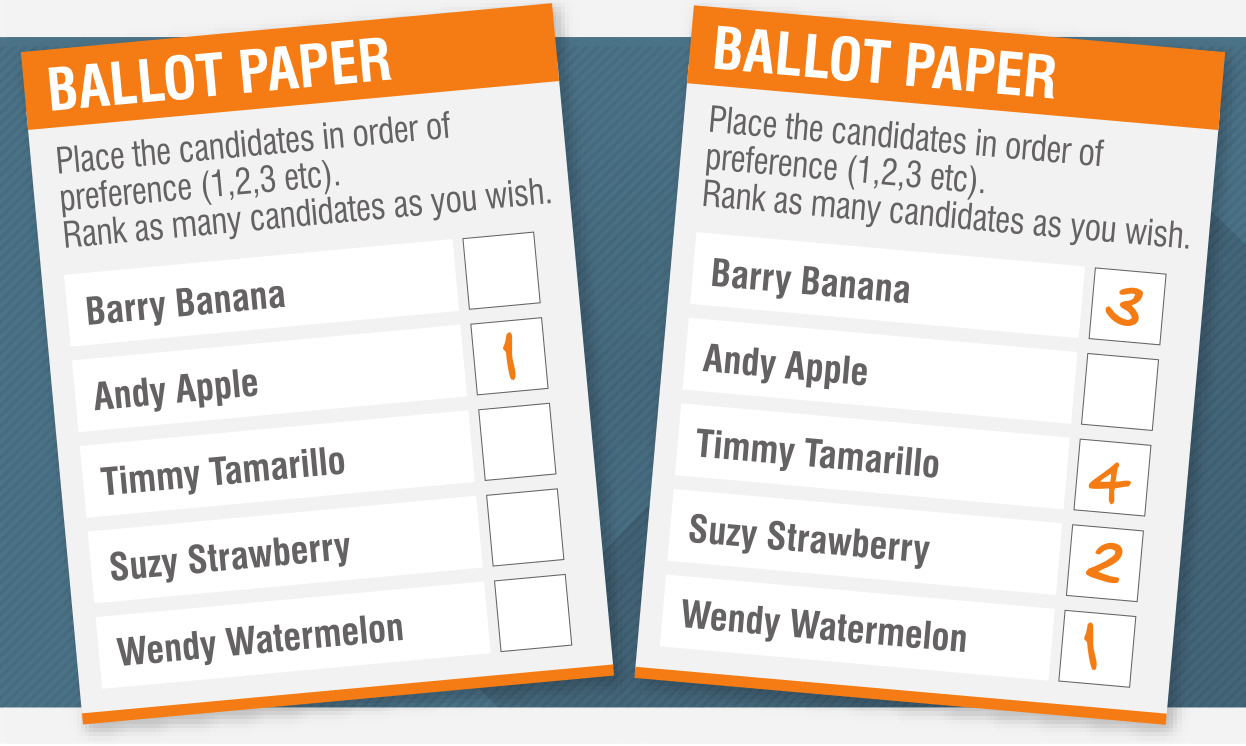
However, councillors will vote again on the matter before the end of winter.
A vote on holding a referendum on the electoral system as part of the next election also failed at yesterday’s council meeting and councillors ultimately decided to revisit the matter in August after a councillor workshop and staff had spoken to Otago’s city and district councils about STV and, status quo at the regional council, first past the post voting.
The first two votes were lost 6-5, before the option that allowed for a decision in August found favour with nine in favour, one against and one abstention.
The recently released "Future for Local Government" report recommended STV become the method for local elections nationwide.
First-term councillor Cr Elliot Weir, who led the issue at yesterday’s council meeting, said pushing for a change was "not over yet".
After yesterday’s meeting Cr Weir said they were disappointed the council did not adopt "a more democratic voting system".
"But I’m optimistic that the option we did end up agreeing on gives everyone a chance to understand the issue better and we can have some time to discuss things further, including with other councils, before coming back in August to decide voting systems — it’s not over yet."
Under the Local Electoral Act 2001, a decision is required by September 12 if the council wants to change its voting system for the 2025 and 2028 local body elections.
At the meeting, Cr Weir said other councils had switched to STV, which allowed voters to rank candidates, and more would soon switch as well.
"I’d rather not be the last council ... leaving our democracy in the hands of an antiquated system."
Cr Kate Wilson said she was a fan of STV and regretted the decision last year to abandon plans to poll Otago residents on the issue.
Last year she convinced councillors to rescind their 2020 decision to hold the poll.
At the time she said the planned $70,000 expense for the poll should be saved for annual plan budgeting.
Yesterday she said switching to STV was "not about necessarily who wins the seat, it’s about who stands".
Cr Alan Somerville said a switch to STV would lead to a more representative group of councillors.
"For instance, I don’t believe two-thirds of the population of Otago are 60-something-year-old Pākehā men, as is represented on our council."
Cr Kevin Malcolm, who was elected unopposed in the Moeraki constituency, took offence.
"I actually do take umbrage [with] people saying that we’re stale, pale and male — I may be a pale male but I’m not stale."
Cr Andrew Noone said a 2019 first past the post election produced a governance group at the council that was 50% male, 50% female.
But his preference was to talk to other councils in the region first.
Cr Tim Mepham said the Otago Regional Council had a relatively high voter turnout at the last election, which indicated many people were happy to vote in a first past the post election.
Cr Michael Laws said there was "no proof" STV elections produced a more diverse outcome.
Councillors changing the electoral system for the 2025 and 2028 local body elections without a referendum at the next local election was "denying the opportunity for every elector, every ratepayer, every resident in the Otago region from having their say on this".
Cr Gary Kelliher echoed Cr Laws’ call for a poll at the next election, saying it was "absolutely critical ratepayers make the call".
Advertisement













